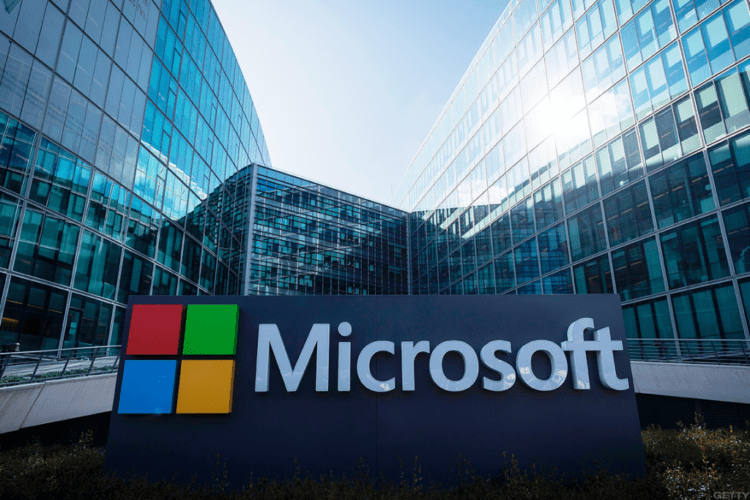To further the Youth Entrepreneurship Investment Banks (YEIB) Initiative of the African Development Bank, Microsoft is strengthening its collaboration with the bank.
Microsoft will collaborate with the bank through its African Transformation Office (ATO) to create ecosystems for young entrepreneurs, jobs, and a drastically increased impact in Africa through digital inclusion.
Wael Elkabbany, general manager of Microsoft Africa Regional Cluster, says that by working with the African Development Bank, “much can be done to help foster youth entrepreneurship, driving greater economic inclusion for this key segment of the population, and ultimately building a more prosperous society.”
“The strengthening of our partnership with Microsoft on the Youth Entrepreneurship Investment Banks (YEIB) is an important development in our journey towards harnessing Africa’s demographic dividend and facilitating the creation of millions of jobs for young Africans by 2025,” says Solomon Quaynor, vice president of the African Development Bank for the private sector, infrastructure, and industrialization. The project puts much-needed emphasis on young people starting businesses, which is essential to meeting our lofty employment goals.
Through a public-private partnership model, the alliance aims to assist the creation of national institutions that will scale up technical and financial support for young entrepreneurs and increase their capabilities.
The African Development Bank created the Youth Entrepreneurship Investment Bank as a special value proposition that integrates and anchors work to create entrepreneurship ecosystems in Africa.
The bank will coordinate the necessary financial and non-financial parties and partners through this project so that they can fulfill their individual responsibilities for supporting young entrepreneurs through mentoring, coaching, knowledge and experience exchange, and other means.
The Youth Entrepreneurship Investment Bank will establish a funding scheme, a credit guarantee scheme, and technical assistance programs in collaboration with private sectors and partners to strengthen service providers to entrepreneurs.
Microsoft will use its partner ecosystem, which spans 54 nations on the continent, to take action on important technological advancements in four crucial areas. These include;
Skilling
To connect youth to economic opportunity and employability skills, the partnership will provide them with career pathways and learning content. This includes the use of existing e-learning platforms such as Coding for Employment. The initiative also aims to build the capacity of Enterprise Services Organizations, benefitting youth through the training of trainers.
Connectivity
By leveraging successful connectivity solutions such as Microsoft Airband, the partnership will develop effective infrastructure models to help bridge the digital divide. At the same time, it will support other innovative solutions on the market either through direct or indirect investment.
Small and Medium Enterprise (SME) digitization
The partnership also aims to improve SME digital literacy and business skills by creating access to curated learning content, certifications, business solutions, business skills, and specialized digital skills. This will be driven in partnership with LinkedIn and through skilling programs such as MS Learn and the Cloud Academy. Access to finance for digitally enabled SMEs will also be facilitated through Microsoft partnerships.
Endpoint devices
SME access to bundled endpoint solutions will be created by Microsoft and its partners. SMEs will also be able to purchase Microsoft technology at discounted prices. The partnership also forms an important part of Microsoft ATO’s mission to empower 10 million SMEs through access to skilling initiatives and investments, and to generate the capacity needed to scale and provide digital skills to 30 million Africans.
Read more on Tech Gist Africa:
Oracle has launched an initiative to help African startups










